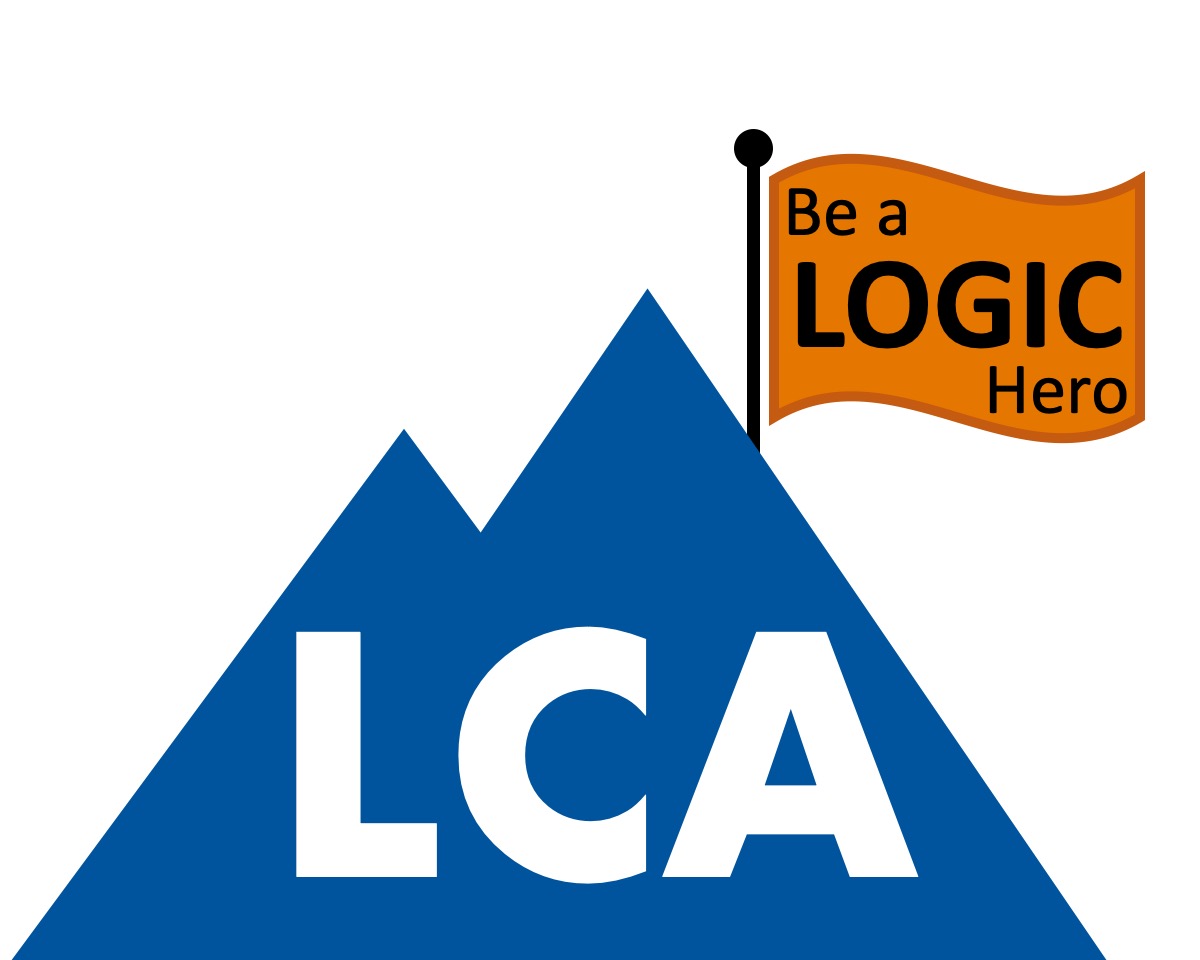1.1 Welcome to the Newsroom
1.1 Welcome to the Newsroom
A file folder lands on your desk with a thud. You're the rookie journalist, so the Chief Editor has put you on the story no one else wants. A bank robbery. Inside the file you see pictures of three suspects: Pia, Quinn, and Raquel.
"The police have all three of them in custody," the Chief says. "We need to break this story first. You need to figure out who did it by 8 a.m."
Now you know why no one else wanted this story.
It takes you all night but you finally get through the file. By 7 a.m., here’s what you’ve figured out:
- One or more of these people is guilty: Pia, Quinn and Raquel.
- No one else was involved.
- Pia never works without Quinn. So if Pia is guilty, so is Quinn.
- Raquel never works alone.
Logic is the rules and principles of reasoning that we use everyday. Like when we figure out someone is guilty.
Even if you don’t realize it, you are constantly figuring out what to do, what to think, and how to navigate the world. That means you are constantly using logic.
We aren’t normally aware of what principles we are relying on, though, or why they are good. In this class we will learn tools to understand and assess our reasoning.
The word “logic” can refer to more than just our reasoning. It can also refer to the study of our reasoning. In that sense, logic is an academic discipline or area of knowledge just like physics, biology, or mathematics.
Physicists build models to study particles and forces. Similarly, in this course we will build models to study reasoning.
The things we will build are called formal logical systems, or just logical systems for short. A logical system is a model that allows us to study how reasoning works.
There is not one logical system, just like there is not one model in physics. Physicists create many different models for many different purposes. We will also create different formal logical systems to study different kinds of reasoning.
The comparison extends further: just like physicists try to discover the basic physical principles that govern the universe, we will seek basic logical principles that have the power to explain our reasoning.
Since every area of knowledge relies on reasoning and problem solving, logic is relevant to just about anything, including reasoning in physics!
When you are ready, use the button to advance to the next section. You can always return to practice doing the problems again.
